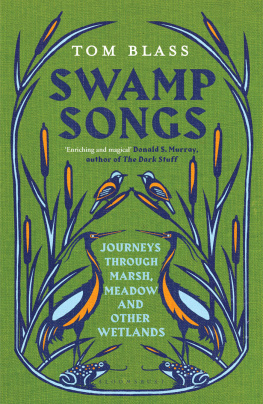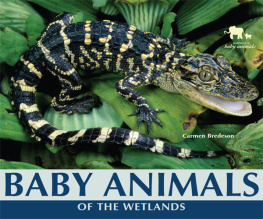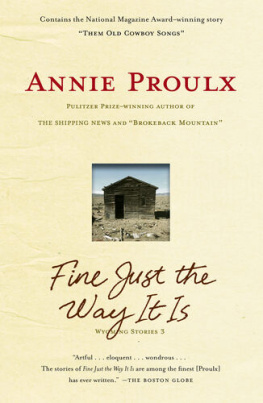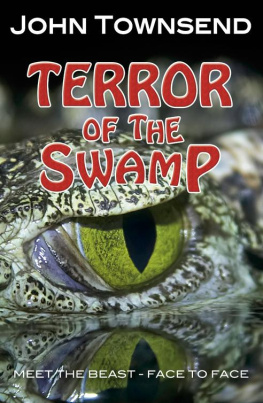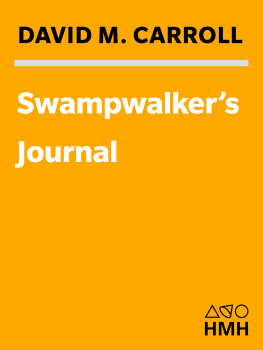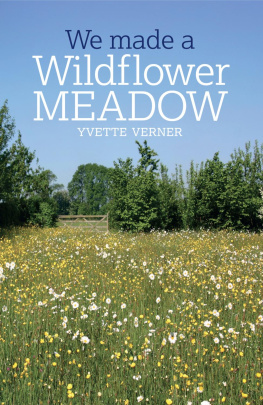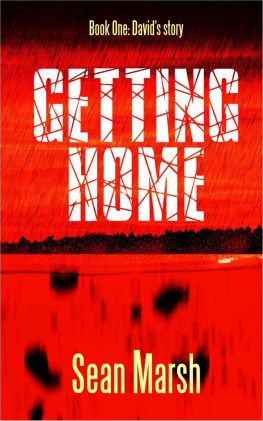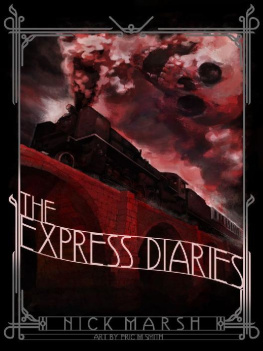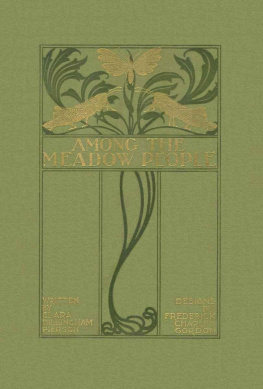Tom Blass - Swamp Songs: Journeys Through Marsh, Meadow and Other Wetlands
Here you can read online Tom Blass - Swamp Songs: Journeys Through Marsh, Meadow and Other Wetlands full text of the book (entire story) in english for free. Download pdf and epub, get meaning, cover and reviews about this ebook. year: 2022, publisher: Bloomsbury, genre: Detective and thriller. Description of the work, (preface) as well as reviews are available. Best literature library LitArk.com created for fans of good reading and offers a wide selection of genres:
Romance novel
Science fiction
Adventure
Detective
Science
History
Home and family
Prose
Art
Politics
Computer
Non-fiction
Religion
Business
Children
Humor
Choose a favorite category and find really read worthwhile books. Enjoy immersion in the world of imagination, feel the emotions of the characters or learn something new for yourself, make an fascinating discovery.
- Book:Swamp Songs: Journeys Through Marsh, Meadow and Other Wetlands
- Author:
- Publisher:Bloomsbury
- Genre:
- Year:2022
- Rating:4 / 5
- Favourites:Add to favourites
- Your mark:
- 80
- 1
- 2
- 3
- 4
- 5
Swamp Songs: Journeys Through Marsh, Meadow and Other Wetlands: summary, description and annotation
We offer to read an annotation, description, summary or preface (depends on what the author of the book "Swamp Songs: Journeys Through Marsh, Meadow and Other Wetlands" wrote himself). If you haven't found the necessary information about the book — write in the comments, we will try to find it.
Tom Blass: author's other books
Who wrote Swamp Songs: Journeys Through Marsh, Meadow and Other Wetlands? Find out the surname, the name of the author of the book and a list of all author's works by series.
Swamp Songs: Journeys Through Marsh, Meadow and Other Wetlands — read online for free the complete book (whole text) full work
Below is the text of the book, divided by pages. System saving the place of the last page read, allows you to conveniently read the book "Swamp Songs: Journeys Through Marsh, Meadow and Other Wetlands" online for free, without having to search again every time where you left off. Put a bookmark, and you can go to the page where you finished reading at any time.
Font size:
Interval:
Bookmark:

Swamp Songs
For Marie, Zo, Daisy and Ludo
by the same author
The Naked Shore

Contents
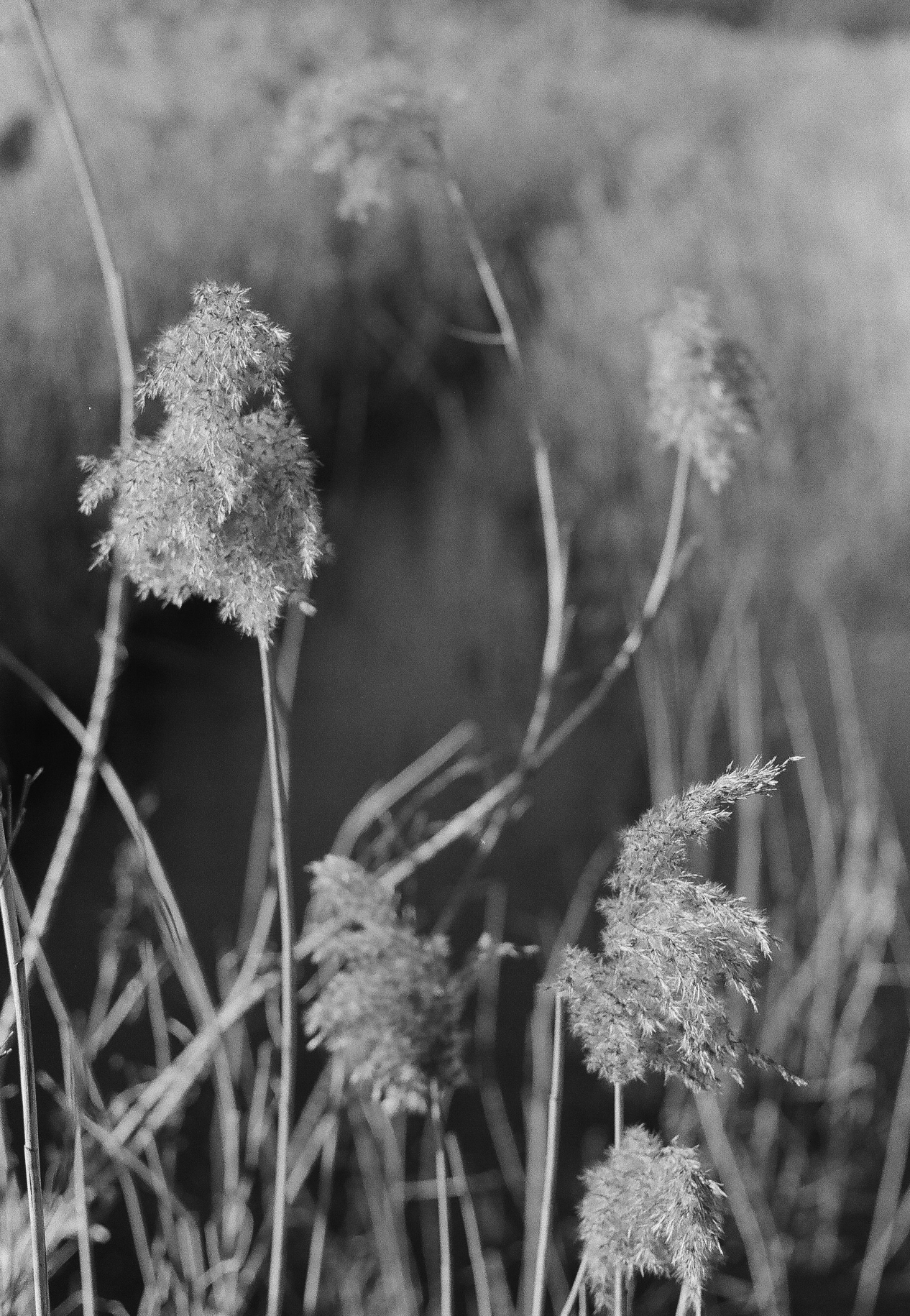
Introduction
Its Strange Mystery
I have an immoderate passion for water especially for marshes, teeming with all that mysterious life of the creatures that haunt them. A marsh is a whole world within a world, a different world, with a life of its own, with its own permanent denizens, its passing visitors, its voices, its sounds, its strange mystery.
From Love Three Pages From a Sportsmans Book, Guy de Maupassant, Complete Short Stories , 1903
Here was a nice little irony to ponder on, whiling away the drive around the edge of the Great Dismal Swamp, a few weeks away from the presidential election of 2016, that among the other slogans such as Lock Her Up and Make America Great Again, pasted onto placards outside white-owned, white-fenced, white-porched homes around the suburb of Suffolk, Virginia, was the exhortation to Drain the Swamp.
This was the promise that one of the candidates said he would deliver upon in the event of his being elected to the White House.
The swamp in question was not the seething, breathing morass of tangled trees, vines and squelching ooze a few hundred yards from the road. The local community had long ago given up trying or even wanting much to drain that swamp, although George Washington, the first elected president of the United States, had given much of his life in the endeavour, harnessing the power of slaves to suck dry the real-life quagmire, felling swamp oak and cypress trees, digging irrigation canals, desiccating ponds. But he never succeeded, albeit the effort was financially rewarding and presented no hindrance to his presidential career.
In the city to which he had given his name, swamp has its own connotations.
A grotesque image by the cartoonist Ben Garrison depicts presidential candidate Donald Trump pulling a giant bath plug, sending his rival Hillary Clinton, her husband Bill and other enemies of the people spiralling into a vortex of dark waters, crime, corruption, lies and war.
Trump would have approved the message, as candidates invariably say of campaign initiatives that endorse them. But he wasnt the first to use the slogan, long understood as shorthand for ridding American politics of backroom dealing and pocket-lining by unelected, vested interests.
In another neat irony, the analogy was a favourite with early twentieth-century left-wing thinkers like Winfield R. Gaylord, who wrote, Socialists are not satisfied with killing a few of the mosquitoes which come from the capittalist [ sic ] swamp; they want to drain the swamp.
In other words, the swamp is in the eye of the beholder. In its murk, bad things thrive. Boggarts and monsters, disease and disorder.
It was from the moor-fen, marsh and fastness that hideous Grendel, son of Cain, inflamed by jealousy stoked by the hearty laughter of Beowulf and the Scyldings, sloped towards the mead-hall to wreak havoc. And back to it he slunk. And if he is the worst of them, almost every bog, marsh and fen has its own cast of spooky inhabitants, from the Bunyip of Aboriginal legend to Jenny Greenteeth, the slime-covered child-killer residing in cattle-ponds and other wet places in the north-west of England, and the Honey Island Monster, which stalks the inaccessible fastnesses of Louisianas Pearl River.
In the lavatory at the car park at the beginning of a walking trail through the Great Dismal Swamp, I found a chilling graffito: Swamp Thing was here.
Bog, marsh and swamp are night-places illumined only by twilight or by the will-o-the-wisp, harbinger of ghastly things, performing its danse macabre upon their ink-black surface, spectral and taunting like a lost love.
A swamp is unnavigable and typically described as treacherous, each step taken within it leading deeper into danger.
In his book Swamplands of the Soul , the popular Jungian psychoanalyst James Hollis describes middle age as a time for facing up to lifes bogeymen of despair, fading prowess, anxiety, neurosis and mortality. By encompassing both the bright meadow and the bog, he says, the goal of life is not happiness but meaning. And meaning, though it may not be all sunlight and blossoms, is nonetheless real.
And Rod Giblett, author of a book called Cities and Wetlands , makes the psychological link with wetlands explicit. Like subconscious desires that we find troubling, we push them beneath the surface or resort to complex denials of their existence.
But as with the suppression of such thoughts, they never entirely disappear.
His book, he says,
is located within a psychoanalytic ecology that not only reads the symptoms and engages in a talking cure of the psychogeography of the will to fill and the drive to drain wetlands inscribed on the surface of the body of the earth in the foundation and development of the city, but also nurtures gratitude for the generosity of the earth exemplified in wetlands and so tries to prevent the manifestation of those symptoms in the first place by developing health through bio- and psychosymbiotic lives and livelihoods with it and its wetlands.
Good bogs can have that effect.
Long considered dark, subversive, foetid and odorous, our most civilising instincts demand that such places be tamed, drained and defeated, their monsters dragged from obscene and stinking lairs.
Where there are reeds, frogs, eels and fish, birds, leeches and salamanders, impenetrable labyrinths of gnarled-knuckled swamp trees, snakes, bugs and alligators, let there be sweet grasses, wheat fields, potato patches and shopping malls.
One of the largest of the latter in the United Kingdom, the Bluewater Shopping Centre in the county of Kent, is named after the curiously limpid and blue ponds that once sparkled where it now stands. Such is progress.
Their fertile vulnerability is, no doubt, the reason that wetlands make such easy prey for despots and dictators: Julius Caesar had designs on the Pontine Marshes, seeing the potential for job creation by rerouting the Tiber and draining off the wetlands. But Benito Mussolini delivered the goods. What once was interminably bug-blighted and uncultivable is an expanse of featureless arable fields, a victory for Il Duces Battle of the Swamps, the execution of which was undertaken from the 1920s by workers housed in internment camps surrounded by barbed wire. Many would contract malaria in the process. Now, at the heart of the regional town of Latina, among other oddities of municipal architecture, sits a fountain from which emerges a sphere. New land forged from water. Light from dark.
If land reclamation was among the more benign elements of the Fascist experiment, in the Middle East, a dictators pet project took a darker turn.
Firelight on a half-turned face, the crying of geese, duck flighting in to feed, a boys voice singing somewhere in the dark, canoes moving in procession down a waterway, the setting sun seen crimson through the smoke of burning reedbeds, narrow waterways that wound still deeper into the Marshes. A naked man in a canoe with a trident in his hand, reed houses built upon water, black dripping buffaloes that looked as if they had calved from the swamp with the first dry land.
Such were the explorer Wilfred Thesigers memories of his first visit, in 1950, to the marshes of Southern Iraq at the confluence of the rivers Euphrates and Tigris, where the Marsh Arabs, the Madn, lived on artificial islands made of reeds, patrolling the channels in their sleek-as-dagger war canoes, fishing for catfish the size of boar, and boar the size of horses
Next pageFont size:
Interval:
Bookmark:
Similar books «Swamp Songs: Journeys Through Marsh, Meadow and Other Wetlands»
Look at similar books to Swamp Songs: Journeys Through Marsh, Meadow and Other Wetlands. We have selected literature similar in name and meaning in the hope of providing readers with more options to find new, interesting, not yet read works.
Discussion, reviews of the book Swamp Songs: Journeys Through Marsh, Meadow and Other Wetlands and just readers' own opinions. Leave your comments, write what you think about the work, its meaning or the main characters. Specify what exactly you liked and what you didn't like, and why you think so.

